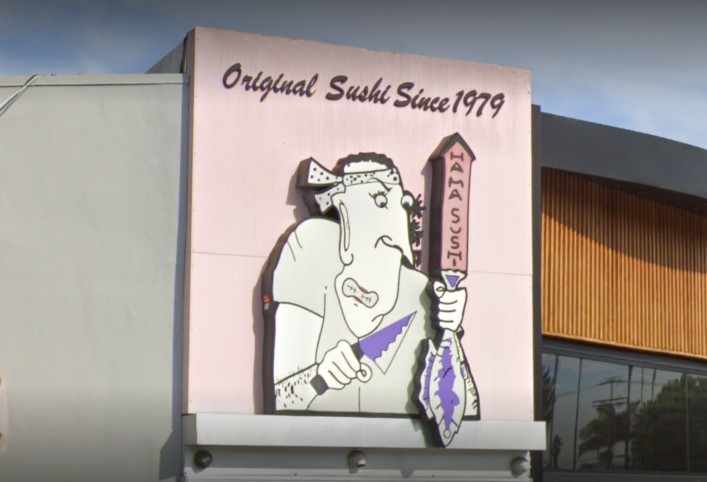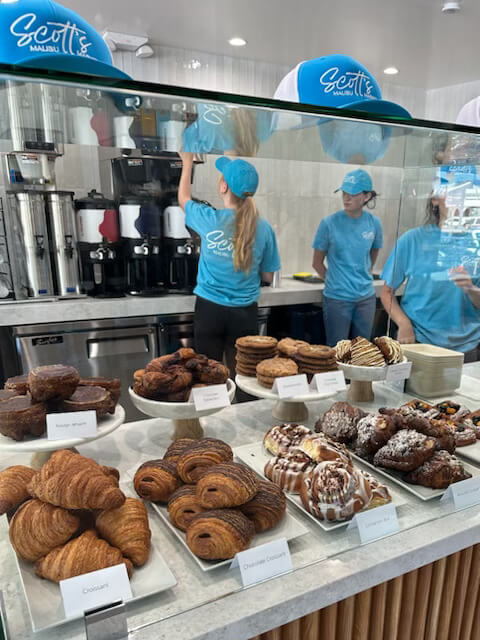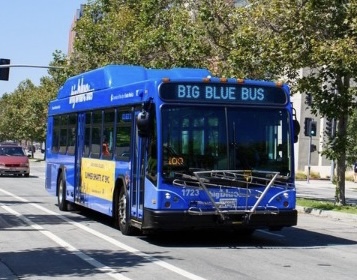By Eric Johnson
As Silicon Beach develops and innovative tech start-ups sprout around Los Angeles, investors inundated with options are looking for ways to sift through the new opportunities.
According to a study released by Built In LA, a prominent local startup incubator, in 2012 about 220 start-ups launched in Los Angeles. The industry also raised around $847 million in venture capital.
One area generating interest, and even a little bit of controversy, is the next wave of smart phone apps that fuse social media with providing a service to end users. These apps are connecting Angelenos in unprecedented ways and have created what is now being called the sharing economy.
Perhaps you’ve already witnessed the sharing economy in action. You meet a friend at a bar and ask how he got there. Instead of listing freeways he had to navigate, he points to his phone and shows you that in fact, there is an app for that. Through a ridesharing app, he has arranged to meet up with another user who has agreed to share his car and drive him to the specified location.
Or maybe another of your friends has returned from vacation. When you ask where she stayed, she tells you about the cozy, homey apartment she rented instead of a hotel. Through travel applications and websites, people open up their houses to travelers at a cost typically less expensive than a hotel or resort, with all the comforts of staying in a real home.
These types of apps are becoming more and more popular in Los Angeles. When transportation and housing tend to come at a premium, the apps allow users to connect with other people willing to share a ride or their own homes, creating a fledgling economy based more on sharing than consumption and ownership. The success of these apps has attracted the attention of venture capitalists and angel investors, enabling them to expand their services and reach.
It seems as though the market is also expanding beyond travel-related services. Several applications now offer everything from boat rentals to desk space and parking. Some new apps connect you with your neighbors and people within your preexisting social networks who are willing to lend regular household items and other consumer goods.
The appeal of these apps is similar to the draw of online television and video subscription services. Borrowing or sharing creates more options for the consumer, without the restrictive prices. And those who loan out their cars, their homes or their blenders are directly paid by the app user, allowing them to supplement their income in creative ways.
Or course, like most successful new technologies, these applications have raised some interesting questions about how this technology-fueled sharing economy can, and will ultimately integrate itself into Los Angeles’ broader local economy. As this small section of the economy continues to grow, we will undoubtedly see what kind of long-term growth potential these exciting new ideas ultimately have.
As an investor interested in supporting local tech, there are a variety of options to consider. As e-commerce expands and more start-up companies go public, investors will be presented with more opportunities to invest in these sharing app companies. These options obviously present their fair share of risk, as well as opportunity. However you decide to support local tech, this is clearly an exciting time for start-ups in Los Angeles.
Eric Johnson is a Financial Advisor with the Private Wealth Management Division of Morgan Stanley in Los Angeles. The information contained in this article is not a solicitation to purchase or sell investments. Any information presented is general in nature and not intended to provide individually tailored investment advice. The views expressed herein are those of the author and may not necessarily reflect the views of Morgan Stanley Wealth Management, or its affiliates.

























